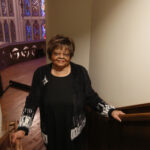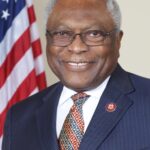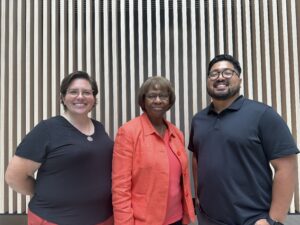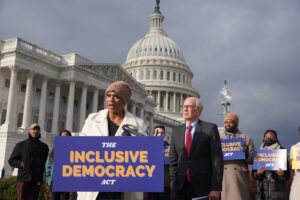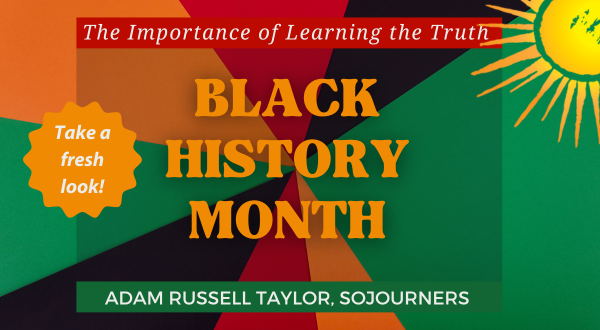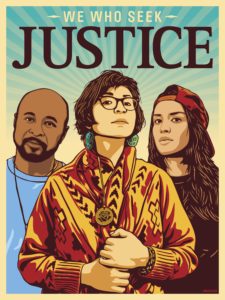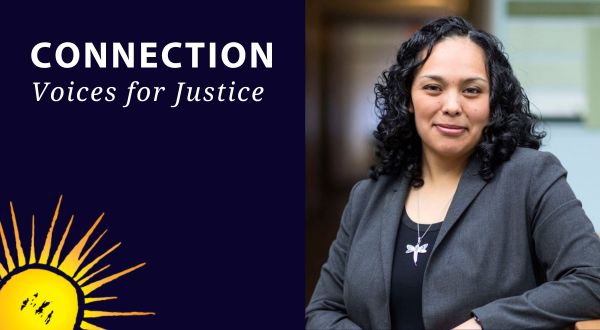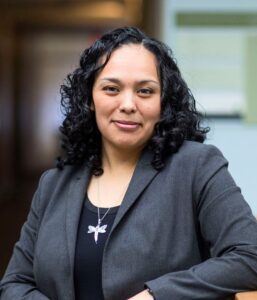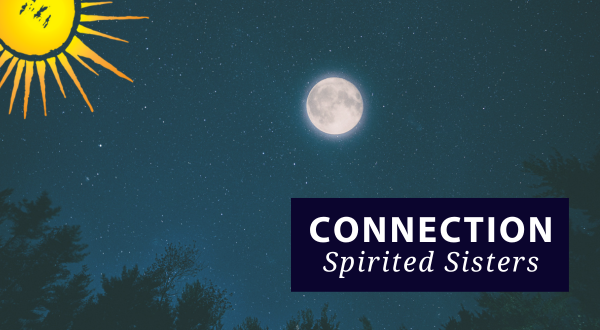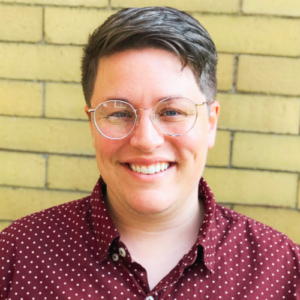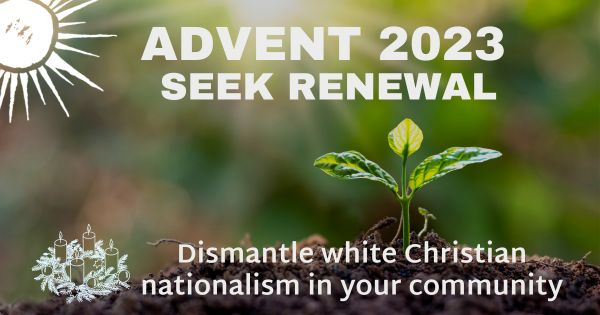Honoring Black History Month
Advocating for Workers’ Rights
Black History Month is a time to honor the resilience, leadership, and contributions of Black activists, labor leaders, and faith-driven advocates who have fought for justice and human dignity. From the Civil Rights Movement to today’s ongoing struggles for economic and racial justice, Black leaders have shown us the power of collective action in the fight for fair wages, safe working conditions, and policies that uplift communities.
At NETWORK Lobby for Catholic Social Justice, we recognize that this legacy calls us to action. As people of faith, we are called to uphold the dignity of work and ensure that every person—regardless of race, background, or economic status—has access to the protections and resources they need to thrive.
This Black History Month, our Government Relations Fellow, Ralph McCloud, reflects on how our faith compels us to advocate for worker protections and human needs programs. Too often, workers—especially Black and Brown workers—face systemic barriers to fair wages, paid leave, and safe workplaces. As Catholics committed to social justice, we must continue to push for policies that protect workers, dismantle economic inequities, and promote the common good.
Watch the video below to hear Ralph’s powerful reflection, and join us in taking action. Justice is not just a historical movement—it is a present and urgent call. ✊☀️







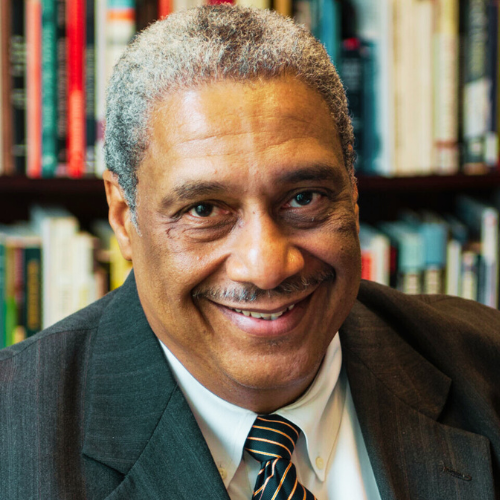
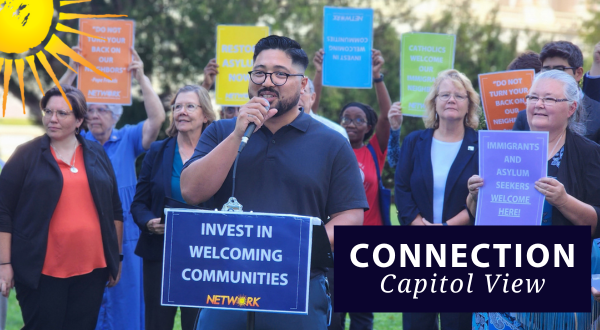

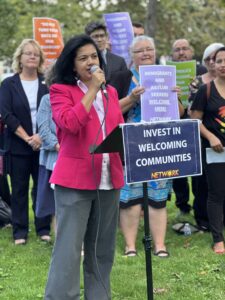
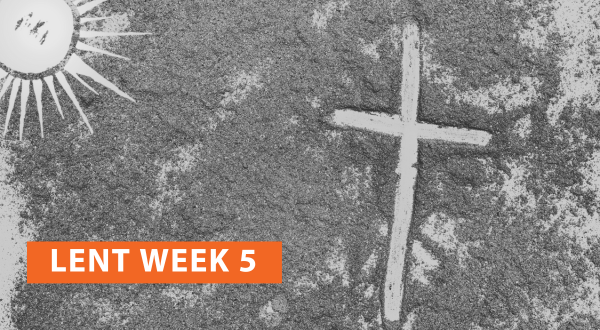

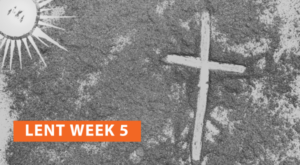 As we look ahead to the stark choice we face in the 2024 election, it becomes clear that what needs to die in us is apathy, despair, and all the hatred, anger, and us-versus-them mindsets that keep us from solidarity with our neighbor. All of these things–the division and disengagement–help the wealthy and powerful amass power and resources, while hard-working people in our communities are deprived of the resources needed to live the dignified life we all deserve.
As we look ahead to the stark choice we face in the 2024 election, it becomes clear that what needs to die in us is apathy, despair, and all the hatred, anger, and us-versus-them mindsets that keep us from solidarity with our neighbor. All of these things–the division and disengagement–help the wealthy and powerful amass power and resources, while hard-working people in our communities are deprived of the resources needed to live the dignified life we all deserve.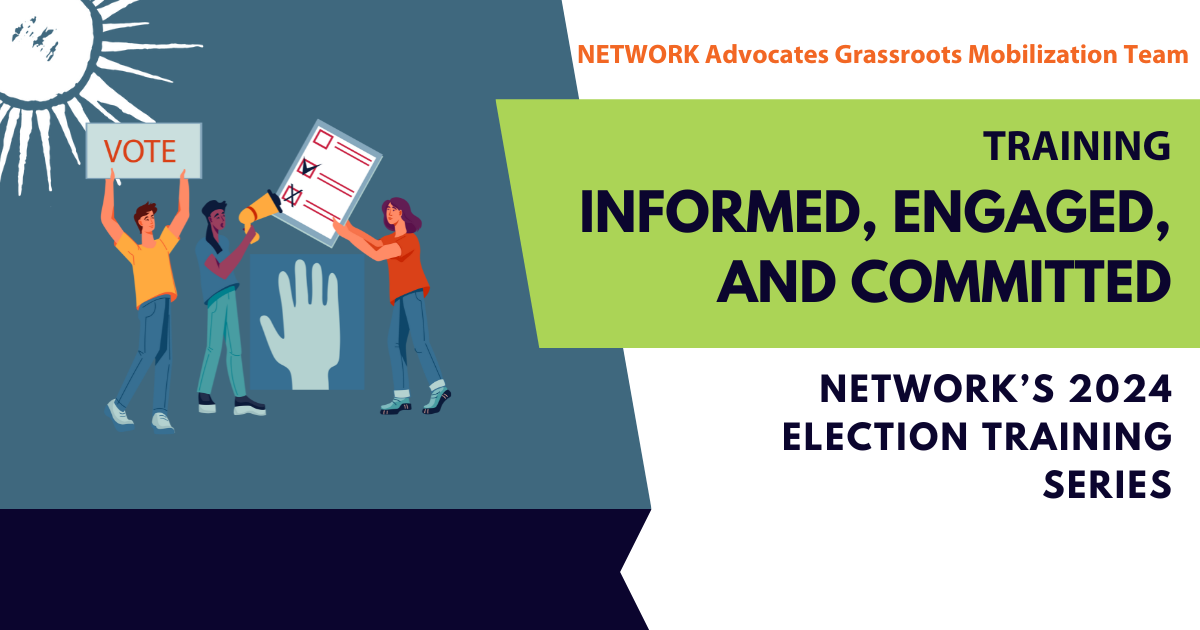
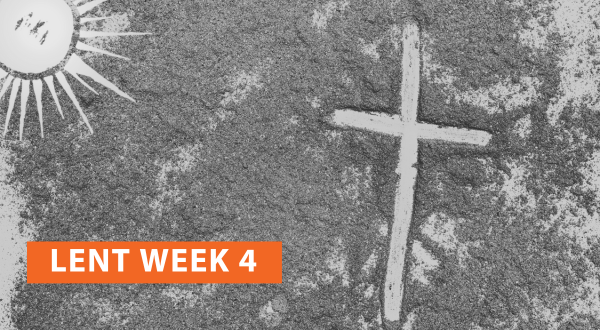
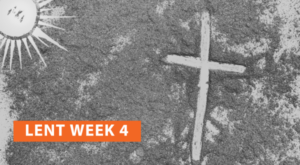 As we enter the fourth week of Lent, we turn to our deep need to both accept God’s mercy and extend mercy to others. To show mercy to others (and to oneself!) means joining in God’s merciful, broad, and inclusive invitation to work together for the common good, and to transform our structures of racial, economic, and social injustice.
As we enter the fourth week of Lent, we turn to our deep need to both accept God’s mercy and extend mercy to others. To show mercy to others (and to oneself!) means joining in God’s merciful, broad, and inclusive invitation to work together for the common good, and to transform our structures of racial, economic, and social injustice.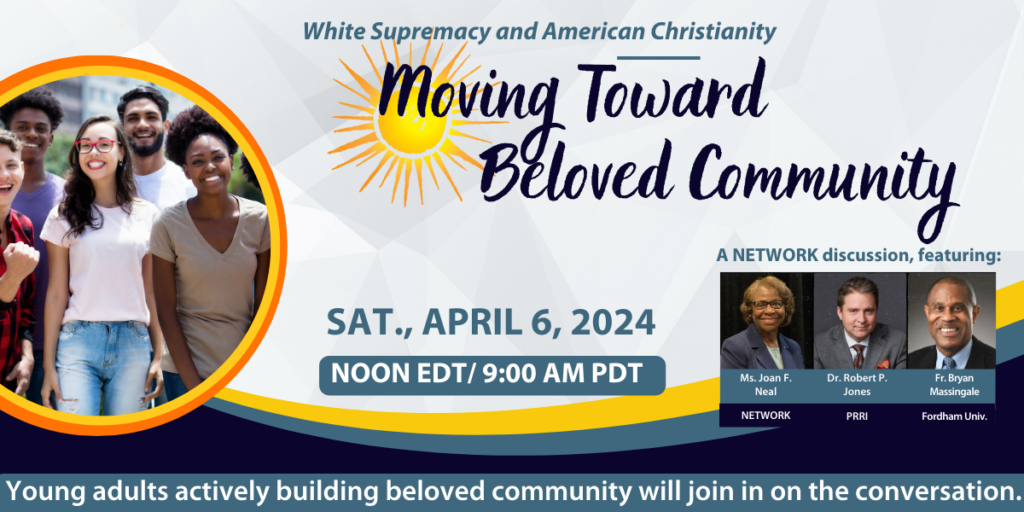
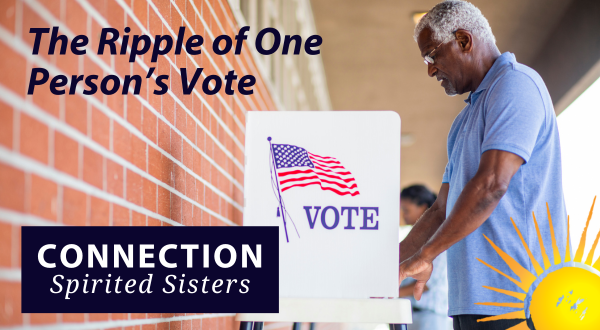
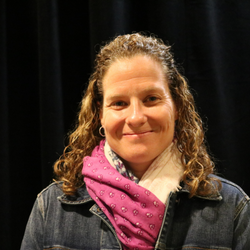
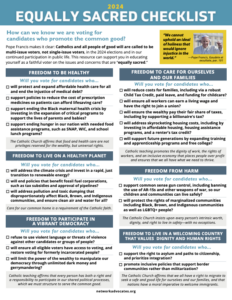
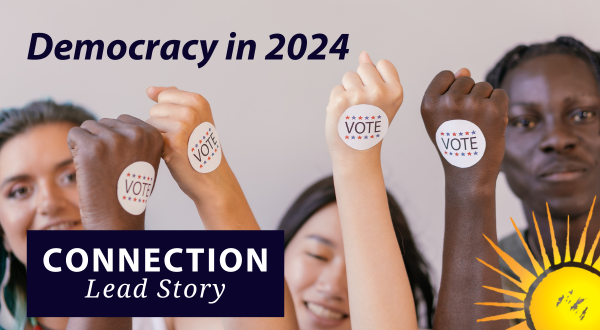
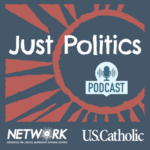 It all raises the question of the overall health of democracy in the U.S. and its prospects for weathering the 2024 elections — in the presidential race, Senate, House, and state-level contests. Advocates, academics, and leaders in the areas of faith and politics agree — and shared with
It all raises the question of the overall health of democracy in the U.S. and its prospects for weathering the 2024 elections — in the presidential race, Senate, House, and state-level contests. Advocates, academics, and leaders in the areas of faith and politics agree — and shared with 

